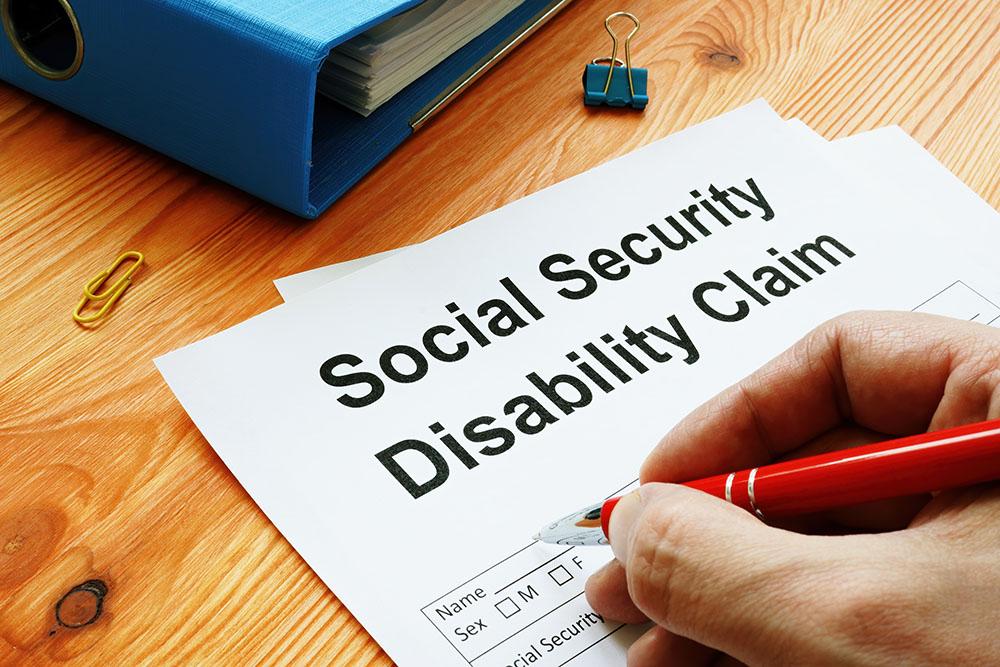Legal cases involving Stevens-Johnson Syndrome (SJS) are complex and require a deep understanding of both medical and legal aspects. SJS is a severe skin condition often triggered by medications, causing painful blisters and sores that can lead to serious health complications. For victims seeking justice, pulling from medical studies plays a crucial role in proving their cases.
Understanding Stevens-Johnson Syndrome (SJS)
Stevens-Johnson Syndrome (SJS) is a rare but serious disorder affecting the skin and mucous membranes. It usually starts with flu-like symptoms, such as fever, sore throat, and tiredness. Then, painful red or purple rashes appear, which spread and form blisters. The top layer of the skin dies and sheds, leading to raw, tender areas.
SJS is often caused by a reaction to medications, including antibiotics, anticonvulsants, and anti-inflammatory drugs. Sometimes, infections like pneumonia can also trigger SJS. The exact cause can be hard to pin down, but it involves the immune system mistakenly attacking the body’s own cells.
The condition can cause long-term health problems, including eye damage, which may lead to blindness. It can also result in complications like lung damage, scarring, and even death if not treated promptly. Understanding the nature and severity of SJS is essential for building a strong legal case when the condition is linked to medication or other triggers.
The Role of Medical Studies in SJS Legal Cases
Medical studies are crucial in SJS legal cases. They provide evidence that certain drugs can cause SJS, supporting the victim’s claim. These studies detail how medications interact with the body, potentially leading to the severe reactions seen in SJS.
Here are key roles medical studies play in these cases:
1. Proving Causation: Medical research shows that specific medications can trigger SJS. This helps lawyers connect the drug to the client’s condition, strengthening the legal argument.
2. Identifying Risk Factors: Studies often highlight who is most at risk for SJS, such as those with particular genetic markers or preexisting conditions.
3. Assessing Severity: Research provides information about how severe SJS can be and the long-term health impacts, which is crucial for calculating compensation.
Medical studies help in understanding the science behind SJS, offering a factual basis that can be used in court. Lawyers use these studies to build strong cases, showing how a drug caused a client’s suffering. Without this scientific backing, proving the link between the drug and the syndrome would be much harder.
Key Medical Findings That Influence Legal Outcomes
Key medical findings play a significant role in shaping the outcomes of SJS legal cases. These findings serve as crucial pieces of evidence, helping to establish the link between the drug and the condition. Here are some important findings that can influence a legal case:
1. Drug Identifications: Research can identify specific drugs known to cause SJS. This information helps prove that the medication taken by the victim is among those that could trigger the syndrome.
2. Mechanism of Action: Studies explain how a drug can cause SJS. Understanding the biological process behind the reaction reinforces the argument that the drug is responsible.
3. Statistic Evidence: Statistical data from medical studies show how often SJS occurs with specific drugs. Higher incidence rates can strengthen the case by showing that the drug has a known risk.
4. Genetic Markers: Some studies identify genetic factors that increase the risk of SJS. If a victim has these markers, it can further substantiate the claim that the medication caused their condition.
These key findings help lawyers build a solid case by providing concrete evidence that connects the drug to the adverse reaction. Medical studies offer the scientific validation needed to support legal arguments and can significantly impact the final decision in SJS cases.
How Medical Studies Help Personal Injury Lawyers Fight for Victims
Medical studies are vital tools for personal injury lawyers fighting for victims of Stevens-Johnson Syndrome. They offer detailed information that lawyers use to construct strong, evidence-based arguments. Here’s how medical studies assist in legal battles:
1. Expert Testimony: Lawyers can use findings from medical studies to bring in expert witnesses. Doctors and researchers can explain the science behind SJS and support the victim’s case with their expertise.
2. Case Proof: Detailed medical research helps lawyers prove how a drug caused SJS. It shows the court that the link between the medication and the condition is well-documented in scientific literature.
3. Damage Estimation: Studies also provide information on the long-term effects of SJS. This helps lawyers estimate the damages, including medical costs, loss of income, and pain and suffering.
By using medical studies, personal injury lawyers can better advocate for their clients, ensuring they receive fair compensation. These studies provide the backbone of the evidence needed to prove liability and demonstrate the full extent of the victim’s suffering.
Conclusion
Medical studies are essential in Stevens-Johnson Syndrome legal cases. They provide the scientific evidence needed to link a drug to SJS, prove causation, and support expert testimony. This information is crucial for personal injury lawyers who are fighting to secure justice and compensation for their clients.
At Greg Jones Law, P.A., we understand the importance of using solid medical evidence in building strong legal cases for SJS victims. Our team is dedicated to leveraging the latest research to support our clients’ claims and achieve the best possible outcomes. If you or a loved one has suffered from Stevens-Johnson Syndrome due to a drug reaction, contact Greg Jones Law, P.A. for a consultation today. Our SJS attorneys are here to help you fight for your rights and secure the compensation you deserve.




